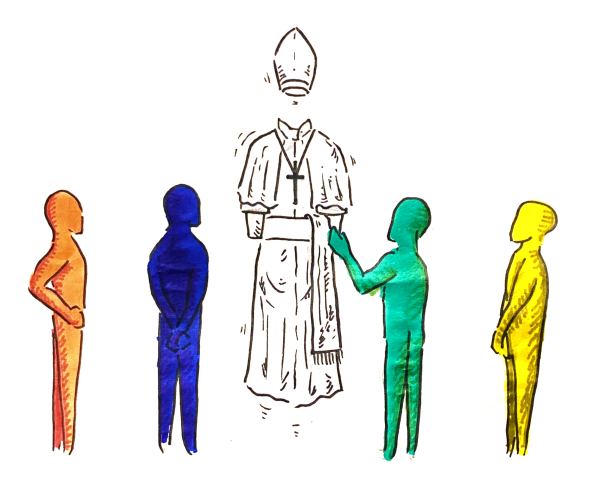Should Respect Be Mutual?
As we sat in Walker Auditorium on February 16 during the all-school conversation about respect, many students shared their personal experiences and opinions about the matter. Some asserted that respect is mutual — that others must first treat us with dignity if they want us to do the same.
I believe this view is an oversimplification of how we should treat others; we must hold ourselves to a higher standard and show basic respect to all of our peers, regardless of who they are and what they believe.
To respect someone is to acknowledge the validity of their feelings, rights, and wishes. If we refuse to respect someone, we’re implying that they don’t deserve to be treated like a member of our community. It makes sense, then, that respect shouldn’t be mutual — every member in our community deserves the right to be treated with respect.
We’re all witnesses to what can happen when we believe that people must behave a certain way to be worthy of basic respect. Many of the deep-rooted problems in our society — racism, homophobia, classism, and sexism — originate from society’s belief that particular groups of people are not worthy of even the most basic form of decency. This disrespect is cyclical and is detrimental to our society as a whole.
The same logic applies to our school community, albeit on a smaller scale. If we go about our lives granting respect to only those who have shown us goodwill first, we’ll create a toxic environment where everyone waits to be treated with dignity instead of proactively extending kindness. And, if we only respect the feelings of those who share our beliefs and ideals, we’ll tread dangerously close to replicating the problems the world faces in our community.
I want to clarify that the respect mentioned above is its most basic form. The second, more complicated form is the admiration and praise we receive from our benevolent acts. It’s a respect that can be earned and lost. If we act in a way that benefits others or our community, we’ll naturally gain the admiration and appreciation of others. But by behaving in ways that harm others, they’ll refuse to give us this type of respect.
Therefore, this second level of respect should be mutual, since we need to show kindness and benevolence towards other people to earn their appreciation and commendations. The more care and admiration we offer for another person through our actions, the more praise the other person will reflect, leading to a cycle of respect. This cycle of mutual respect is vital to communities because it fosters kindness within them. In contrast, cycles of disrespect can cause harm and chaos.
In conclusion, if we believe that every human being has the same worth, we should show respect towards everyone. However, the respect that we earn through our actions should be mutual, and we must act decently towards people to earn it.






